Advertisement
As generative artificial intelligence develops and affects industries, the emphasis shifts from its possibilities to its appropriate use. Domino Data Lab, the leading provider of corporate MLOps tools, spearheads this initiative. Emphasising ethical AI research and deployment, Domino helps companies leverage generative AI while reducing bias, misinformation, data protection, and oversight.
Particularly LLMs, generative artificial intelligence models may automate content creation, support decision-making, provide insights from large data sets, and increase operational efficiency. Without enough management and administration, these systems might provide biased outcomes, misuse private or sensitive data, create false information, or become too expensive. Domino Data Lab enables businesses to ethically, transparently, and successfully integrate generative AI into their operations to ensure that technological developments align with corporate integrity and human values.

Generative models like GPT, DALL-E, and others now accessible to businesses, consumers, and developers have quickly revolutionized the AI landscape. Authorities, businesses, and civil society are closely examining AI's ethical and legal use with this development. The misuse of generative artificial intelligence has sparked concerns about deception, deepfakes, unintended bias reinforcement, and technical mistrust.
Domino Data Lab knows modern corporate strategy depends on responsible artificial intelligence, not just a checklist. Businesses seeking ways to use artificial intelligence in line with new ethical, CSR and regulatory standards are searching for From data intake and model training to deployment and monitoring, Domino seeks to promote responsible innovation by including governance, responsibility, and openness all through the AI lifecycle.
Domino invented generative AI governance by combining policy enforcement, cost control, bias monitoring, security, and lineage tracking into a single platform. This all-encompassing strategy allows businesses to grow honestly, equitably, and securely. Domino runs on automated policy execution. Directly in their data science operations, the platform allows companies to establish and enforce AI use constraints like approved datasets, model use limits, sensitive output access, and review cycles. This automated governance system ensures that every team follows the same guidelines and norms, preventing risky or non-compliant actions.
Domino also has significant characteristics like open model lineage. From dataset selection and preprocessing to model parameter tuning, testing, deployment, and retraining, rigorous experiment tracking and versioning tracks every AI development step. Especially in banking, healthcare, and government, debugging, quality control, audits, regulatory compliance, and modelling behaviour explain to stakeholders the need for extensive documentation.
One of the main issues with generative artificial intelligence is that models could raise training data biases. These prejudices might generate unfair, discriminating, or false outcomes in high-stakes industries such as hiring, lending, and criminal justice. Domino provides data science and machine learning teams with complete bias detection, analysis, and mitigating tools.
These tools let users examine model behaviour across demographic groups, assess fairness indicators, and test dataset rebalancing and expansion methods. They also let developers make model deployment decisions and replicate strategies for reducing bias. Equitable and harm-reducing artificial intelligence systems depend on this visibility and control.
Models of generative artificial intelligence use resources extensively. They need considerable computer resources for training, fine-tuning, and inference, particularly at scale. Unchecked expenses could render projects unsustainable. Domino's Cost Centre module records real-time team, project, or resource type compute use, storage use, and costs. Careful reporting and planning help AI-expanding companies maintain financial discipline and avoid surprises.
The technology of Domino Data Lab mostly answers the demanding generative AI needs of big companies. Domino offers a scalable, flexible, secure platform for fine-tuning huge foundation models using private data, including generative capabilities into business applications, and distributing AI across multi-cloud and on-site environments.
Supported are pytorch, tensor flow, and hugging face transformers. With linkages to corporate security, data governance, and DevOps, data scientists, engineers, and compliance teams could collaborate easily. With adjustable workpaces, self-service computing environments, and automated model deployment pipelines, Domino accelerates generative AI research and production.
Domino keeps ahead by working with IT behemoths such as NVIDIA, AWS, and Hugging Face. Domino's corporate customers may develop innovative, generative artificial intelligence applications with best-in-class tools, infrastructure, and models thanks to these collaborations.
Using Hugging Face's vast collection of pre-trained language models allows users to rapidly generate and evaluate answers without beginning from scratch. While GPU acceleration for training and inference enhances performance, AWS and NVIDIA collaborations provide scalable and reasonably priced computing resources. Through these alliances, Domino becomes a hub in the generative AI ecosystem, arming companies with the necessary tools and expertise.
Domino aids in industrial ethical artificial intelligence education. The company offers training on AI governance, risk management, ethical deployment, changing industry standards, and webinars and whitepapers on these topics. These resources clarify and equip companies to build and run ethical artificial intelligence systems.
Domino advocates cross-functional communication across legal departments, HR, marketing, senior leadership, and technical teams. By supporting responsibility and shared ownership, Domino helps companies move beyond individual AI trials to integrated, organization-wide plans prioritising long-term impact and trust.
Domino's governance-first approach is revolutionizing activities across several industries. Domino-powered generative AI models preserve patient privacy and regulatory compliance in healthcare by autonomously draughting and summarising clinical notes, synthesizing data to support diagnosis, and expediting insurance documentation.
Financial services companies build AI models using Domino that detect fraud, track real-time transactions, generate regulatory reports, and customize user experiences. Without sacrificing innovation, Domino's lineage tracking, audibility, and governance capabilities assist in meeting demanding supervision requirements.
Using artificial intelligence-powered forecasting, predictive maintenance, and quality control computer vision systems, Domino helps manufacturing and transportation companies increase output. Domino strikes a balance between reliability and creativity to maintain artificial intelligence, enhancing operations that are free from danger or inefficiency.

Accountable, transparent, well-regulated AI development is vital as generative artificial intelligence changes the digital economy. Domino Data Lab drives this shift by providing the tools, infrastructure, and thought leadership required for companies to employ generative AI ethically and sustainably.
Incorporating governance into the AI lifecycle, bias detection and cost control tools, and enterprise-scale deployment lets Domino provide responsibility without sacrificing innovation. Training initiatives and strategic relationships help to increase its legitimacy as a trusted advisor for companies negotiating generative artificial intelligence.
Advertisement
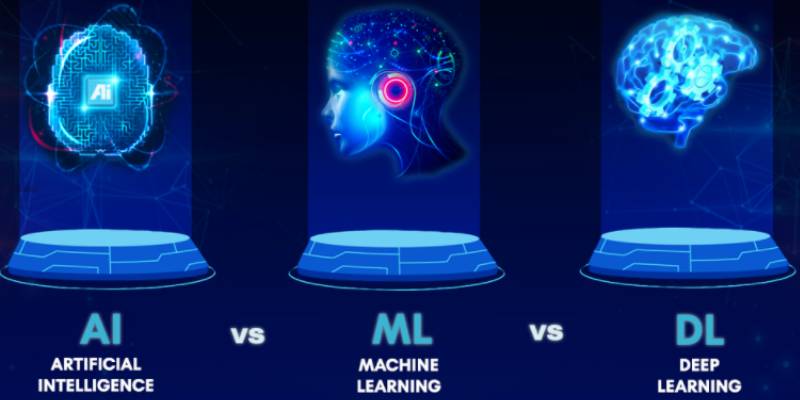
Explore the key differences between AI, machine learning, and deep learning with practical insights and use case examples.
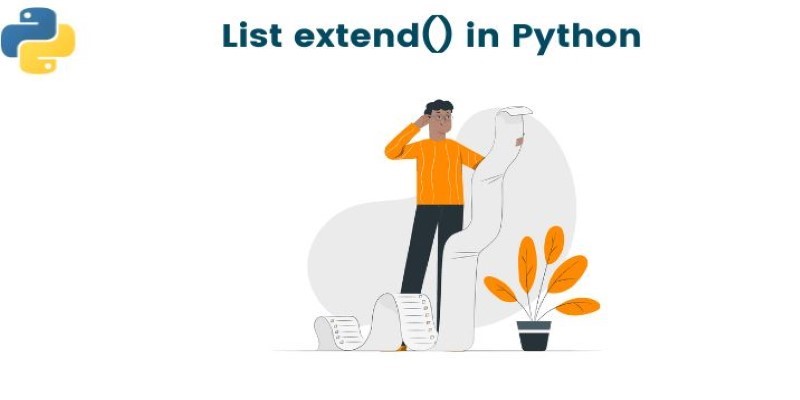
Learn how the Python list extend() method works with practical, easy-to-follow examples. Understand how it differs from append and when to use each
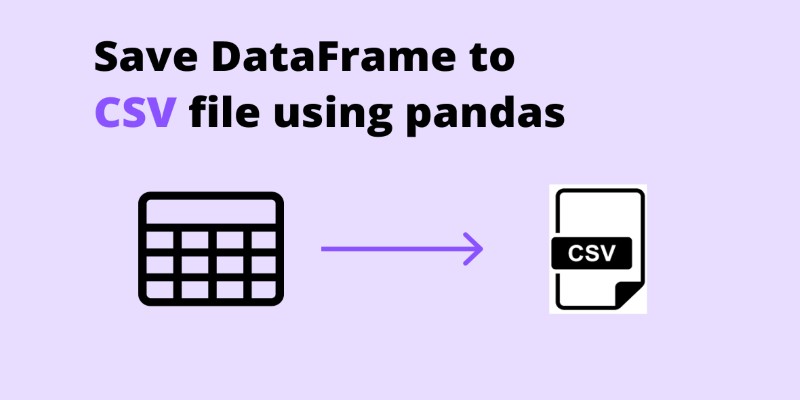
Need to save your pandas DataFrame as a CSV file but not sure which method fits best? Here are all the practical ways to do it—simple, flexible, and code-ready

Learn how __init__ in Python works to initialize objects during class creation. This guide explains how the Python class constructor sets instance variables, handles defaults, and simplifies object setup
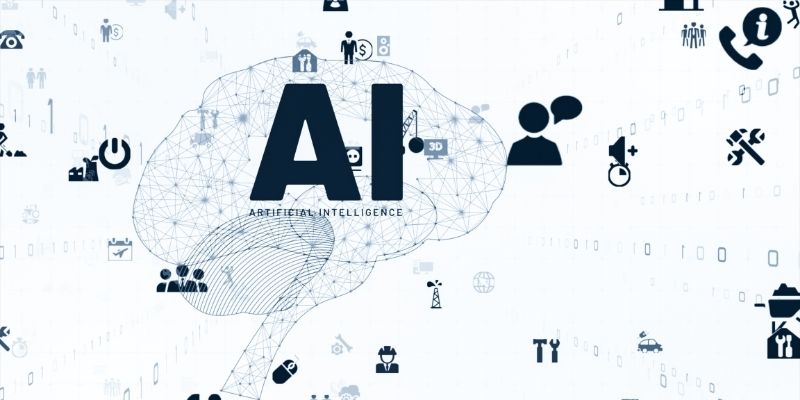
Highlighting top generative AI tools and real-world examples that show how they’re transforming industries.

Master the Python list insert() method with this easy-to-follow guide. Learn how to insert element in list at specific positions using simple examples

Discover top industries for AI contact centers—healthcare, banking fraud detection, retail, and a few others.

Want to organize your pandas DataFrame without confusion? This guide shows clear, practical ways to sort by values, index, custom logic, or within groups

Think generative AI risks are under control? Learn why security issues tied to AI models are growing fast—and why current defenses might not be enough

Explore how Rabbit R1 enhances enterprise productivity with AI-powered features that streamline and optimize workflows.
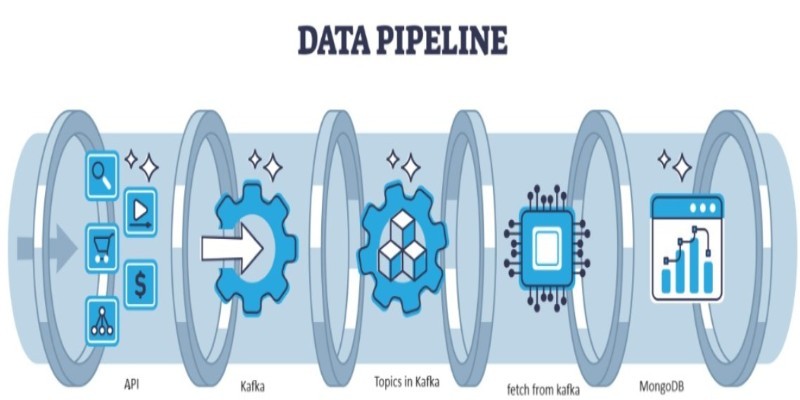
Learn how to connect Kafka to MongoDB and build a simple, reliable data pipeline that moves real-time messages into a NoSQL database efficient-ly

Struggling with Copilot's cost or limits? Explore smarter alternative AI tools with your desired features and workflow.